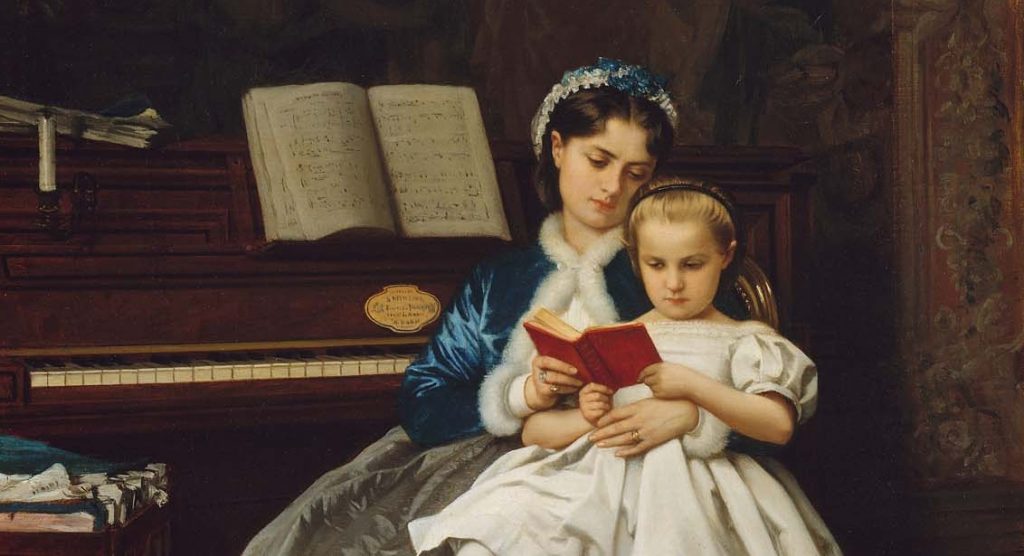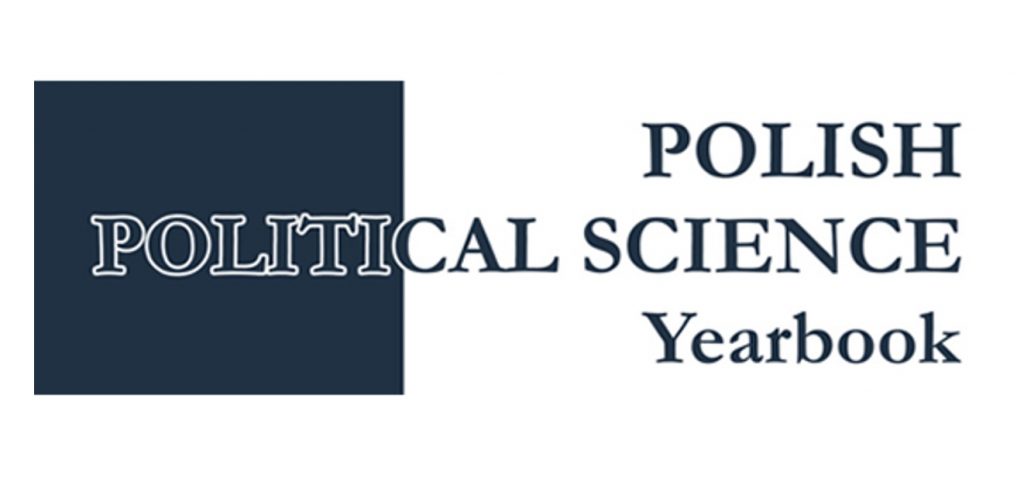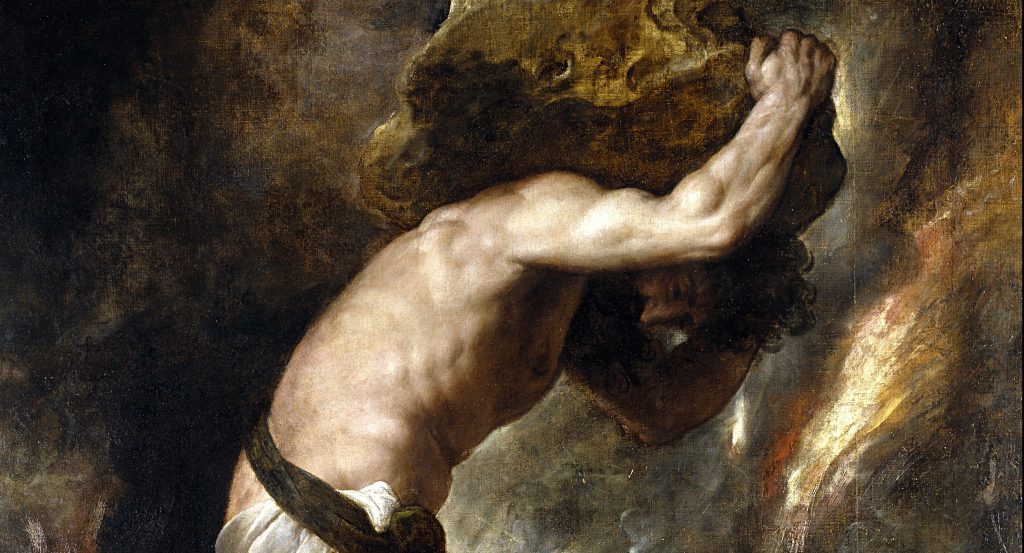
250 Years of Pursuit of Happiness
In 1776, three texts appeared almost simultaneously that helped define the political and moral architecture of the modern world. Thomas Paine’s Common Sense gave popular voice to the radical idea that political authority must rest on reason and consent rather than tradition. Adam Smith’s The Wealth of Nations provided a systematic account of how prosperity emerges from freedom, specialization, and exchange.



![In the House of Many Voices: Dan-Aria Sucuri on Diversity, Doubt & Liberal Hope [INTERVIEW] In the House of Many Voices: Dan-Aria Sucuri on Diversity, Doubt & Liberal Hope [INTERVIEW]](http://4liberty.eu/phidroav/2025/11/hq720-e1763650377531.jpg)

![Liberalism Is Not Quite Dead Yet with Jan-Werner Müller [PODCAST] Liberalism Is Not Quite Dead Yet with Jan-Werner Müller [PODCAST]](http://4liberty.eu/phidroav/2025/09/Jan-Werner-Muller-4-1024x1024.jpg)



![Making Liberalism Sexy (Again) with Sven Gerst [PODCAST] Making Liberalism Sexy (Again) with Sven Gerst [PODCAST]](http://4liberty.eu/phidroav/2024/11/LEP_Sven_-1469x800-1-1024x561.png)

